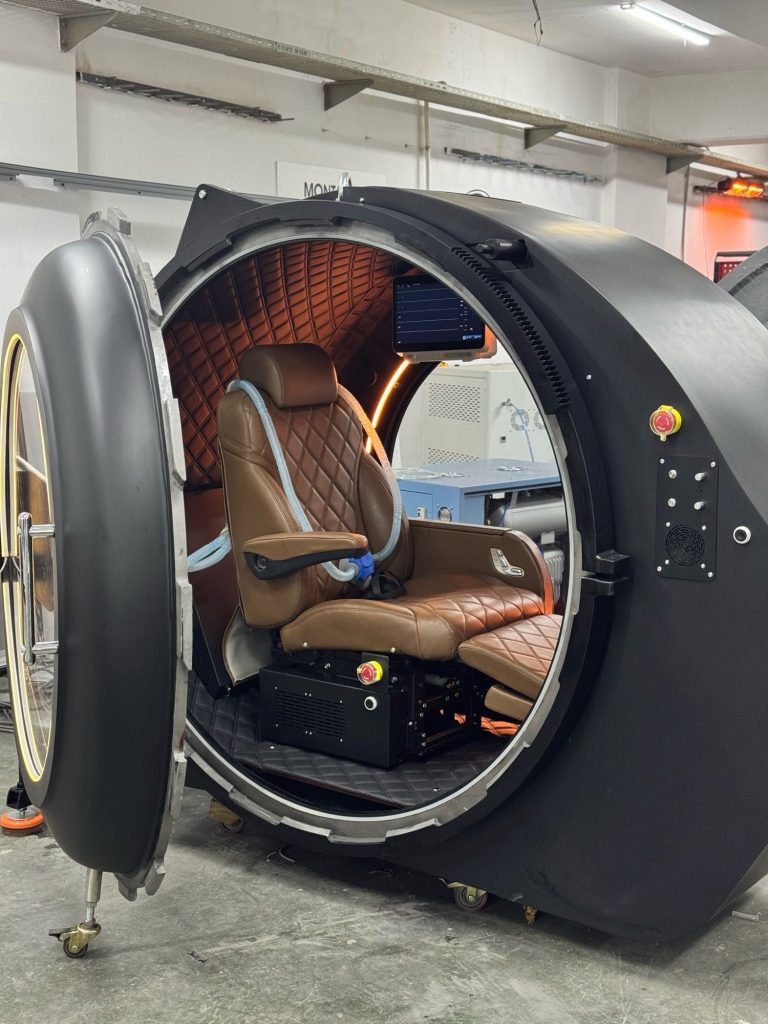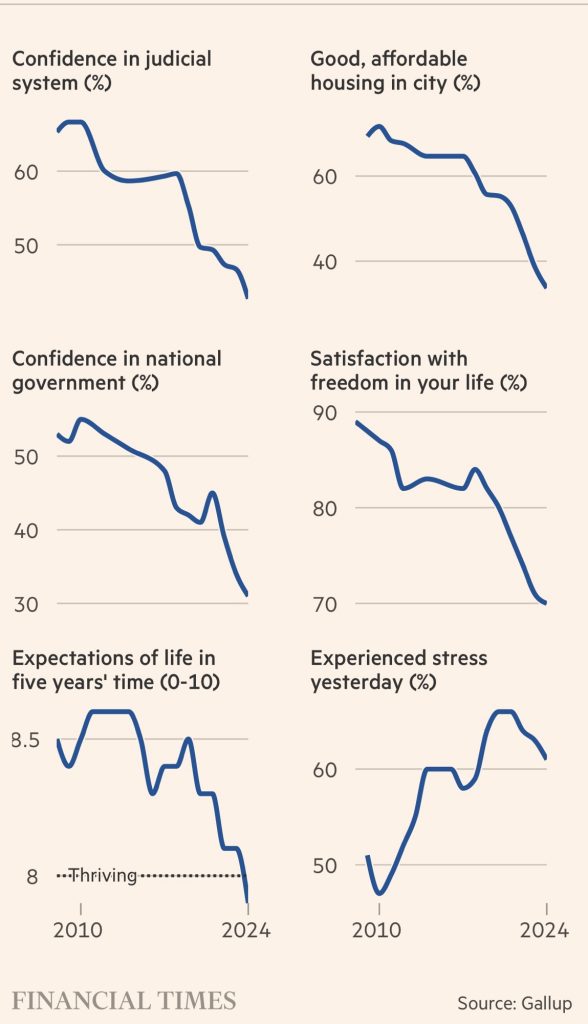We live in an endless scroll world of relational voids. The ways we consume content has now surpassed even the worst fears of media theory greats like Marshall MacLuhan and Neil Postman.
Amusing ourselves to death is no longer a fear but a practical reality. So we spot auto playing clips divorced from context of tech CEOs revealing ever more horrifying statistics about how degraded our conditions have become.
I have no idea if this interview pull quote is from the frat bro former addict Theo Von who so likable interviewed Trump or from Dwarkesh the 24 year old artificial intelligence wunderkind. Context collapse indeed.
Zuckerberg explaining how Meta is creating personalized AI friends to supplement your real ones: “The average American has 3 friends, but has demand for 15.”
I think this tidbit on its own is open to a number of interpretations as our Bowling Alone era has been with us before Facebook.
We forget how inelastic social capital can be. We’ve got a statistic (not even a nod to Dunbar’s number) about friend demand without addressing the issue of friend supply. Of course, it’s not an economics problem as humans are not fungible.
We have a cultural and psychological problem on our hands when it comes to our new relational world as it’s mediated through digital intermediaries. Maybe you can make a case that there is a demand for 15 more people to improve your social standing.
You’d think the man at the head of the corporation who owns Instagram would understand status signaling. For plenty of people having friends is about your social position.
Fortunately for most of us friendship is still about feeling understood and caring enough to understand another person. Which an artificial intelligence is probably capable of doing. But that’s a different story.


